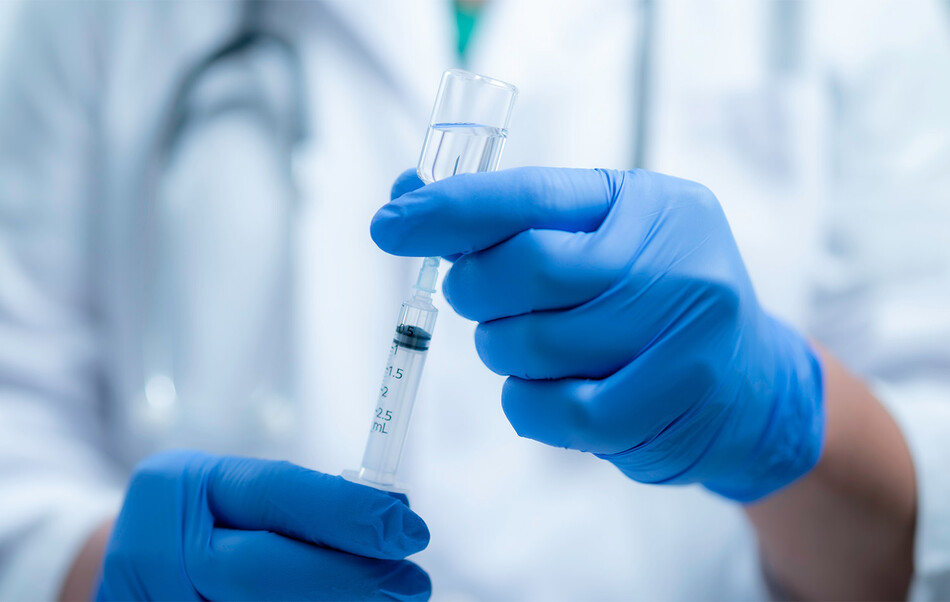Columbia biologist Peter Kwong ’95GSAS has successfully trained the immune systems of animals to generate HIV-neutralizing antibodies, a major breakthrough in the quest to develop an HIV vaccine.
AI reads the room
An AI-based system developed by Columbia nursing professor Sarah Rossetti ’09NRS and data scientist Kenrick Cato can predict which hospital patients will require urgent intervention in the coming days simply by monitoring the numbers of times nurses attend to them. A study recently conducted in the intensive-care units of two major medical centers found that the system increased patients’ chances of survival by 35 percent.
Cancer’s electric lifeline
A team of medical researchers led by Timothy Wang ’83VPS has observed stomach-cancer cells forming electrical connections with nearby sensory nerves in order to stimulate their own growth. The discovery, which marks one of the first times tumors outside the brain have been found to hijack neural pathways, could open new avenues for treatment.
Start talking politics
Contrary to popular belief, Americans who engage in political debates with friends and family often come away from the discussions feeling more positive and hopeful, finds Modupe Akinola of Columbia Business School. She says that face-to-face conversations, rather than online debates, lead to better outcomes.
Sound unbound
Columbia biomedical engineers led by Elizabeth Olson ’81BC have developed a tiny implantable microphone that could lead to the first fully internal cochlear implants for people with hearing loss. The researchers say that the innovation could provide improved sound quality and convenience, allowing users to bathe, sleep, and play sports without the need to remove their device.
A starry newborn
Columbia astrophysicist Kartheik Iyer has discovered a new galaxy that formed in the early years of the universe and resembles an infant Milky Way. He and his colleagues have named it “Firefly Sparkle” for its clusters of flickering newborn stars.



